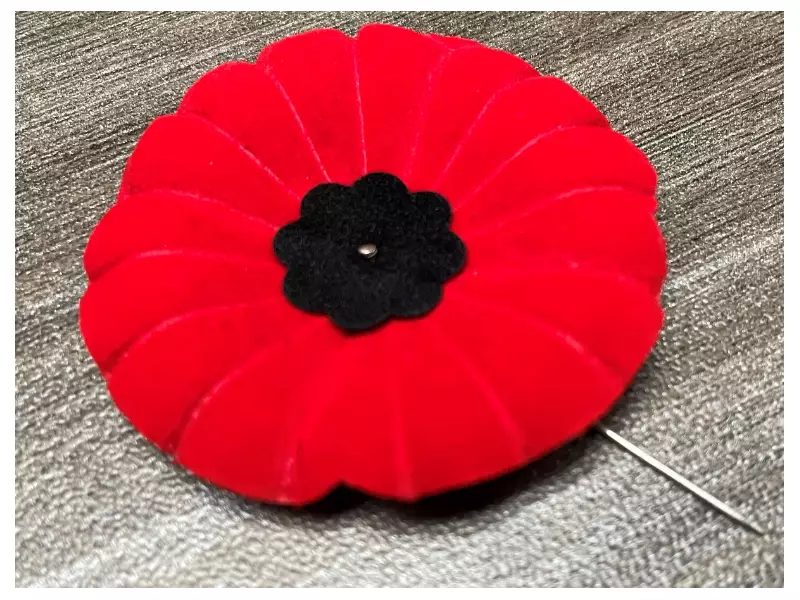
The chief justices of Nova Scotia's Supreme Court and provincial court are publicly defending a controversial decision to prohibit court staff from wearing remembrance poppies in some courtrooms. This move, announced just ahead of Remembrance Day observances, has ignited a fierce national debate about tradition, symbolism, and judicial neutrality.
Judges Cite Impartiality as Reasoning for Ban
In a joint explanation, the justices stated that the topic is very sensitive and deserves an explanation. They grounded their decision in the fundamental judicial obligation to conduct all court proceedings in an impartial and unbiased manner. The official position asserts that there can be no signs of favouritism towards any litigants, and therefore, all judges and staff are expected not to wear any symbols of support in the courtroom.
This rationale has been met with immediate and strong criticism. Legal professionals and veterans' advocates are questioning who, exactly, could be offended by the poppy—a universal symbol of remembrance. They argue that the poppy is not a partisan political statement but a national symbol honouring the service and sacrifice of all who have served in times of war and conflict.
Veterans and Prosecutors Voice Strong Opposition
The backlash to the courtroom poppy ban has been swift and emotional. Lana Morelli, a veteran prosecutor from Saskatoon, expressed profound disappointment. She highlighted the profound irony of the situation, stating that the very freedoms protected in courtrooms, including freedom of speech, exist because of the brave men and women the poppy represents.
Morelli's sentiment echoes a widespread feeling that the ban disrespects the memory of fallen soldiers. Furthermore, critics point to existing legislation, such as The Remembrance Week Act, 2016 in Ontario, which explicitly grants workers the right to wear a poppy during Remembrance Week unless it poses a safety hazard. Similar laws exist in other provinces, strengthening the argument that the poppy occupies a unique, legally recognized place in Canadian society.
A Slippery Slope or a Unique Symbol?
One defence of the ban suggests that allowing the poppy could open the door to other symbols and ribbons, forcing courts to navigate a complex landscape of political and social causes. The judiciary's solution is to simply allow none of it to maintain a pristine appearance of neutrality.
However, opponents find this argument weak. They contend that the poppy is not analogous to a campaign ribbon or a politically charged hat, like the Make America Great Again cap that led to the suspension of a Hamilton judge. Instead, they compare the poppy to the Canadian flag—a symbol of national gratitude and the freedoms that underpin the justice system itself. The central question remains: does honouring those who died for Canadian freedoms truly create bias in a legal proceeding?
As the debate continues, the decision by Nova Scotia's courts has placed a national spotlight on how Canada balances reverence for its history with the principles of a modern, impartial judiciary just days before the country pauses to remember its war dead.





